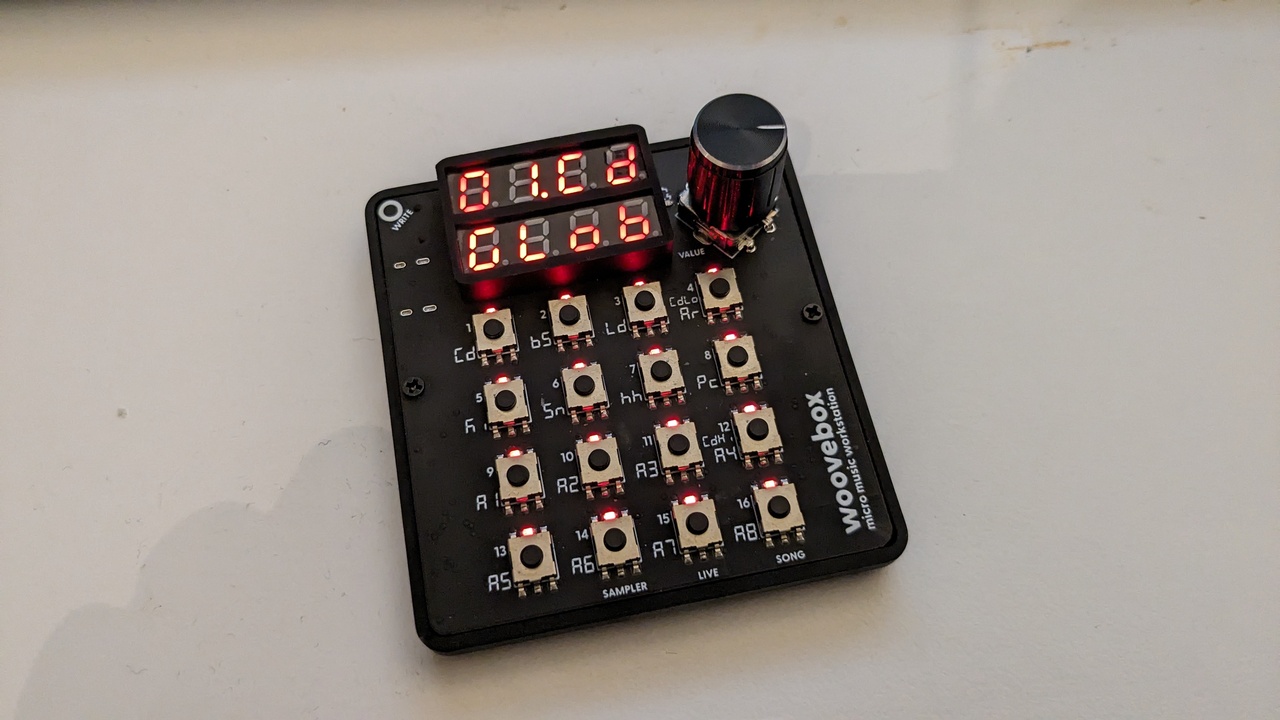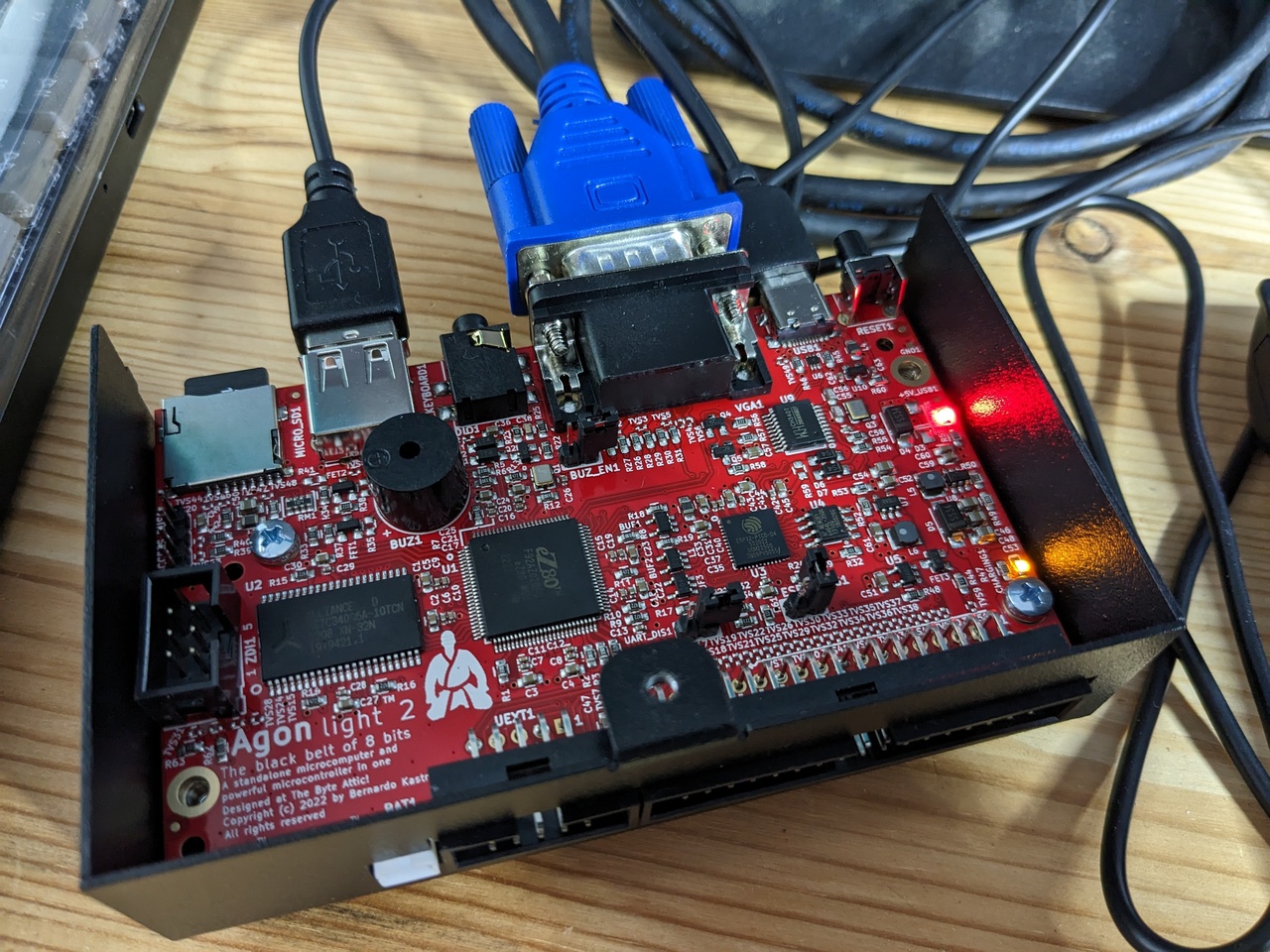CW: Personal health, somewhat detailed descriptions of illnesses, negative thoughts
For some reason, both my SO's and my birthdays seem to attract smaller and bigger catastrophes like a magnet for a while now. This time, my SO spent her birthday in a hospital, recovering from foot surgery (I luckily was able to pick her up later that day. With somewhat of a fever because of a very bad cold that luckily turned out to be not COVID).
I am currently recovering from a rather frightening gastrointestinal incident, quite possibly caused by a new medication I was trying out for my diabetes. The frightening part was not only that I spent a ton of time on the big porcelain telephone (“Hello? Yes, you're talking to your local waste water treating plant, what can I do for you?”) and everything that usually comes with that (loss of fluids, sore throat, feeling very weak) but that I a) lost a frightening amount of weight really quickly and b) this was the second time in two weeks that this has happened.
Okay, maybe time to cancel that new medication and try something else. It's the “something else” that initially frightened me more, which made me endure the severe side effects the drug has.
In any case, I'm sitting here, slowly transitioning back to normal food, still feeling quite weak but at least I feel now that my brain is almost back to 100%, and am having one of my more underwhelming birthdays. The “official party” with the family traditionally is moved to the next weekend, so it's not too bad, but it's not like I can go out and celebrate this with a nice lunch or so. Maybe I'll sneak in a treat later.
So. Much. Snow.
At least the weather is fitting. It's almost never snowing on my birthday. Except for, well, today, and my actual birthday in 1976. During that time period, Germany had a couple of pretty nasty winters culminating in the snow chaos of 1978/1979. Surprisingly, I don't remember much.
Given that I live in a part of the world that has seen some of the higher temperature changes over the last decade (Sitting well over 2K by now), this is a surprisingly cold winter. Don't get me wrong, I understand the mechanisms, this is not a “how can climate change be real if the winters are so cold” post, but somehow it does come unexpected. I bought some tires for my non electrified bike with studs and already made good use of them. My biggest takeaway of this harsh weather is that (in similar ways that COVID did) it gives you an insight into how society has subtly changed since I was little.
The authorities tasked with removing snow are all severely understaffed (Don't forget we're in still in the thick of a full infection wave of every viral respiratory disease thinkable, including COVID, of course), under-equipped and probably under-maintained because of, you know, budget cuts that happened and still happen everywhere. Bike lanes, even those that are supposed to be priority cleared by official statement of our “Stadtreinigung” are basically unusable since the fall when all leaves started to accumulate there and turned into a slippery mush. Which now has ice on top with snow falling on it.
Private property owners to a large extent ignore their obligation to clear or secure the pavements in front of their houses because a) that costs money and b) well, fuck you. And guess what happened to the authorities that are supposed to fine those property owners: Severely understaffed.
Ah, that elephant, yes
Almost worse than these symptoms to me is that nobody seems to be able to address this in a way that points out the underlying issues. The Stadtreinigung simply says: “We're doing all we can” and they are probably right, but they can't even bring themselves to say “We're doing all we can with the reduced amount of staff and budget we have to work with since so and so. We know that we are supposed to do better”.
Long articles in online newspapers about the horrible weather conditions (At least I think the flooding situation somewhat relaxed? I have no idea.), but not a single word about the root causes of all of these issues. You know, climate change, that stupid budget limit etc.
Of course this is all discussed at length in my Mastodon bubble and when privately talking to friends and family, but the places where the public discourse picks up these threads with the exception of explicitly left wing publications is ... underwhelming.
By the way, this might be the correct time to inform you that if you think this post is going anywhere, well, you'll be disappointed.
A new hope
The glimpse of hope this and last week was the amount of people that took it to the street after that Correctiv article about a secret meeting of several Nazi types of several parties present in the German parliament to discuss plans for deporting a ton of people when in power. If my strength permits, I'll try to be on the streets in Hamburg on Friday.
The way the established political parties, including the greens (and even to some extent the leftist “Die Linke”, although that might change with Sarah Wagenknechts departure) so far dealt with the onslaught of the “Alternative für Deutschland” with their (probably largely Russian funded) misinformation campaigns is quite frankly mind-boggling. My faint hope is that a sustained effort in protesting against this at least pulls some of the parties out of this rut. But I guess one of the main issues is that the media actually likes the polarisation because it drives engagement. Oh, I guess we're back at the capitalism-is-actually-bad-if-not-properly-regulated thing?
Yeah, I know I sound pretty miserable even in a paragraph that started promising.
Okay, enough is enough
Oh, guess what, looks like my heating system has a defect. Luckily, a plumber will be on site tomorrow anyway, so at least it will be looked at. That's something, I guess.
In good news I had a kardamombulle today, and any day you have a kardamombulle can't really be a bad day. Pavements were slippery in places but not catastrophically so. I made it back up to my third story flat without a break, but with very slow steps. But I take that as a win anyway.
Here comes the usual but necessary disclaimer that I am aware of my incredible privilege to have these kind of problems which are, for the most part, not life threatening and, for the most part, solvable. And while this is true, neither basking in that privilege does make me feel better personally, nor am I, at least right now, in a position of such strength that I can just pull through and carry on as usual, “because other people have it worse, you dip-shit”. Damn I am built close to water today, wonder why.
And yeah, it's hexadecimal. I'm getting old.

